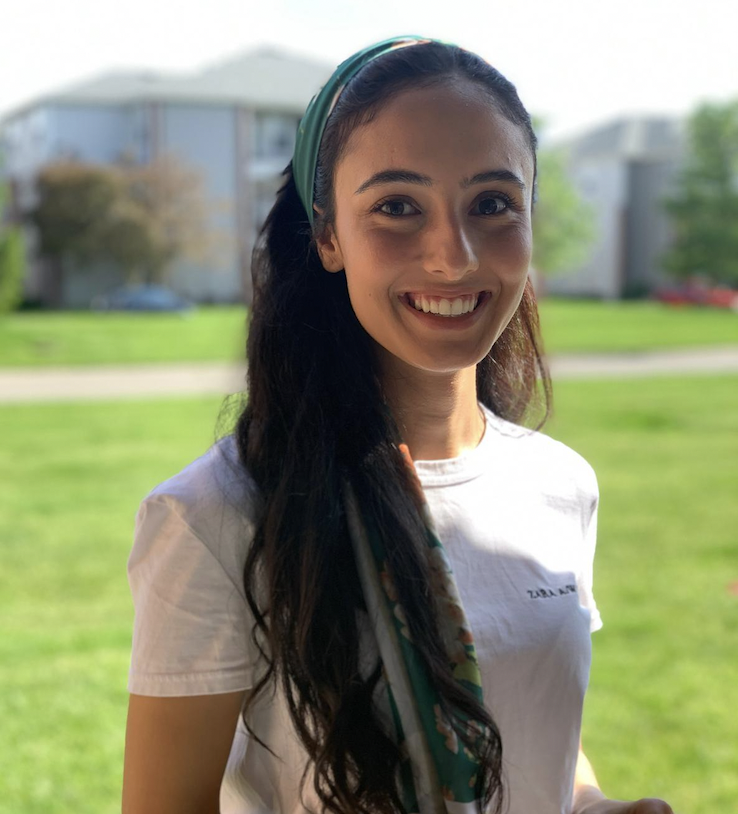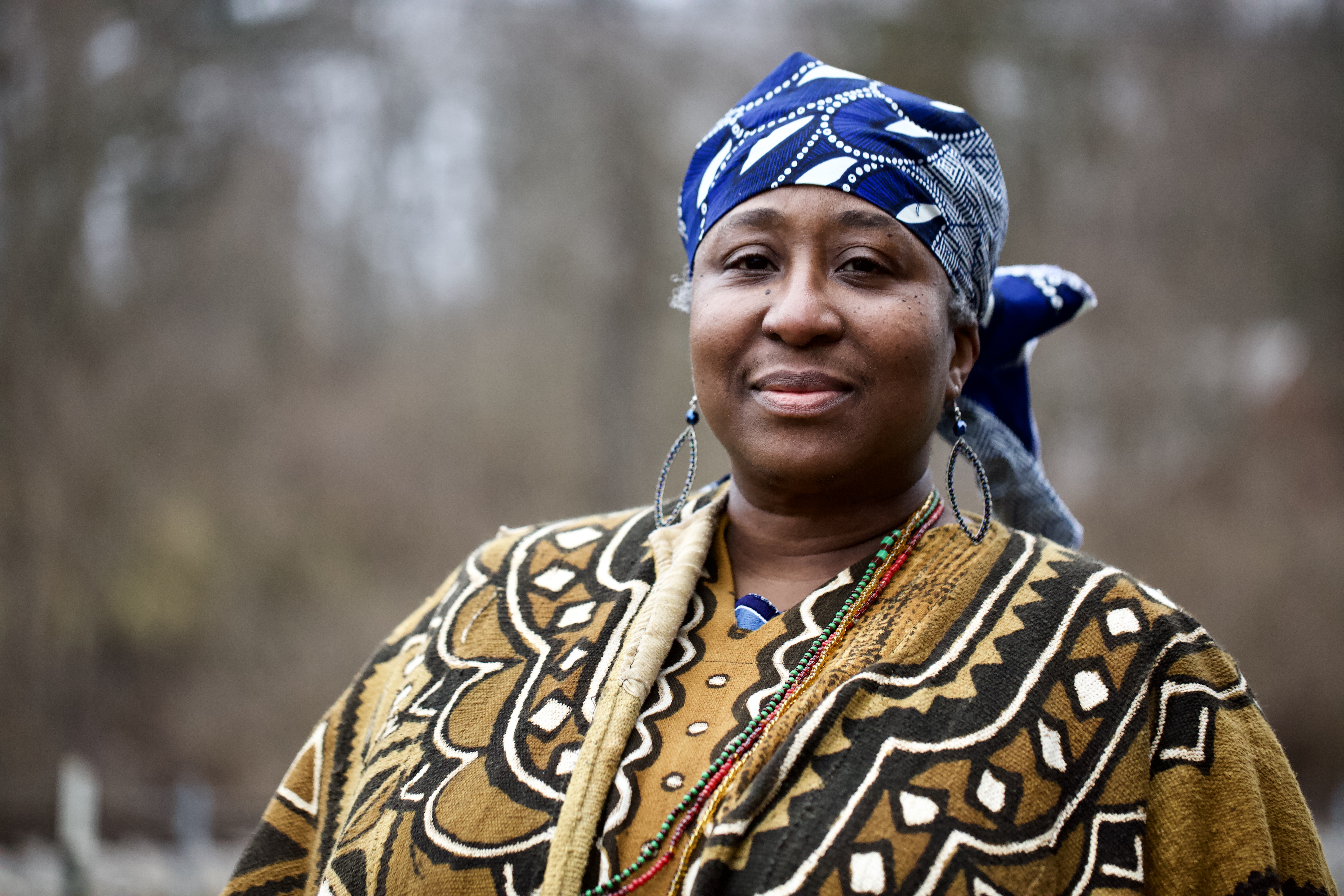
Sean Nicholson-Crotty
Paul H. O’Neill Professor; Director, The Graduate Mentoring Center
Research Areas: Public Management, Federalism and IGR, Comparative State Policy
The Graduate Mentoring Center (GMC) provides mentoring services, consultations, and programs for graduate students, faculty, and staff. The GMC co-sponsors these events with an array of university partners to provide the tools and resources necessary for success before, during, and after the graduate school journey.
Mission
To provide graduate students informal and formal mentorship through programs that support their successful degree completion and entry into the professoriate and/or other professions.
Vision
To develop and help graduate an intentional community of scholars who are ethical and who consistently produce innovative research and creative works that have viable and sustainable impact on their communities.

Sean Nicholson-Crotty
Paul H. O’Neill Professor; Director, The Graduate Mentoring Center
Research Areas: Public Management, Federalism and IGR, Comparative State Policy

Graduate Assistant, Operations
Aya Shohatee
Interests/ Concentrations: Mental health help seeking behaviors, immigrant and refugee populations, cultural comfort, therapists of color

Graduate Assistant, Operations
Shelly Mclean Bent
Interests/ Concentrations: Education policy for indigenous, ethnic and minoritized communities, race, culture, identity, international comparative education, Caribbean and Latin American education systems, international students, higher education.
Maria Hamilton Abegunde, Ph.D.
Founder
Director 2014-2021

Dr. Abegunde created the Five-Fold Path, five tenets that shape The GMC’s programs and mentoring approach: Balance, Community, Culture, Mentorship, and Scholarship. The tenets were created after the center’s first year and multiple dialogues and meetings with students, faculty, and staff. They are a response to questions that graduate students asked: How do I find balance? How do I create community? What is the IU culture? What is a mentor? What do I need to be successful in my scholarship? The Five-Fold Path emphasizes a wholistic and contemplative approach to graduate student mentoring through the practices of bearing witness, deep dialogue, deep listening, and journaling. They are employed with the understanding that scholarship can and will be successful if and when one is able to create and sustain balance and community with the support of one’s various cultures and mentors.
Under Dr. Abegunde’s leadership the center created mentoring guidelines for students and faculty, including the “Have You TALKED” process that outlines clear steps on how faculty can engage with students at any point in the mentoring relationship. Guidelines provide graduates students with ways to approach and work with faculty as well as how to create the community and mentoring pathways they need. Building on the research and practices of Lois J. Zachary and the Association for Contemplative Mind in Higher Education (ACHME), Dr. Abegunde, with the assistance of the mentoring cohort members and graduate assistants, laid the foundation for inclusive and reflexive mentoring training programs for faculty and students that are becoming a model for other schools and those interested in addressing the increasing concerns of mental health, trauma, and mentoring in ways that help graduate students attend to their needs in an intersectional and integrated way – as whole human beings.
Jennifer Park
Jennifer Park
Jennifer Park
Shanalee Gallimore
Yoo Young Ahn
Aleia Gardner
Yoo Young Ahn
Kenio Miller
Yoo Young Ahn
Ian Ermatinger-Salas
Cari Friesen
Ian Ermatinger-Salas
Ali Farr
Shayla Lawson